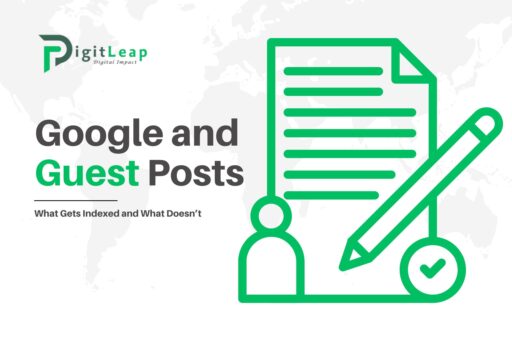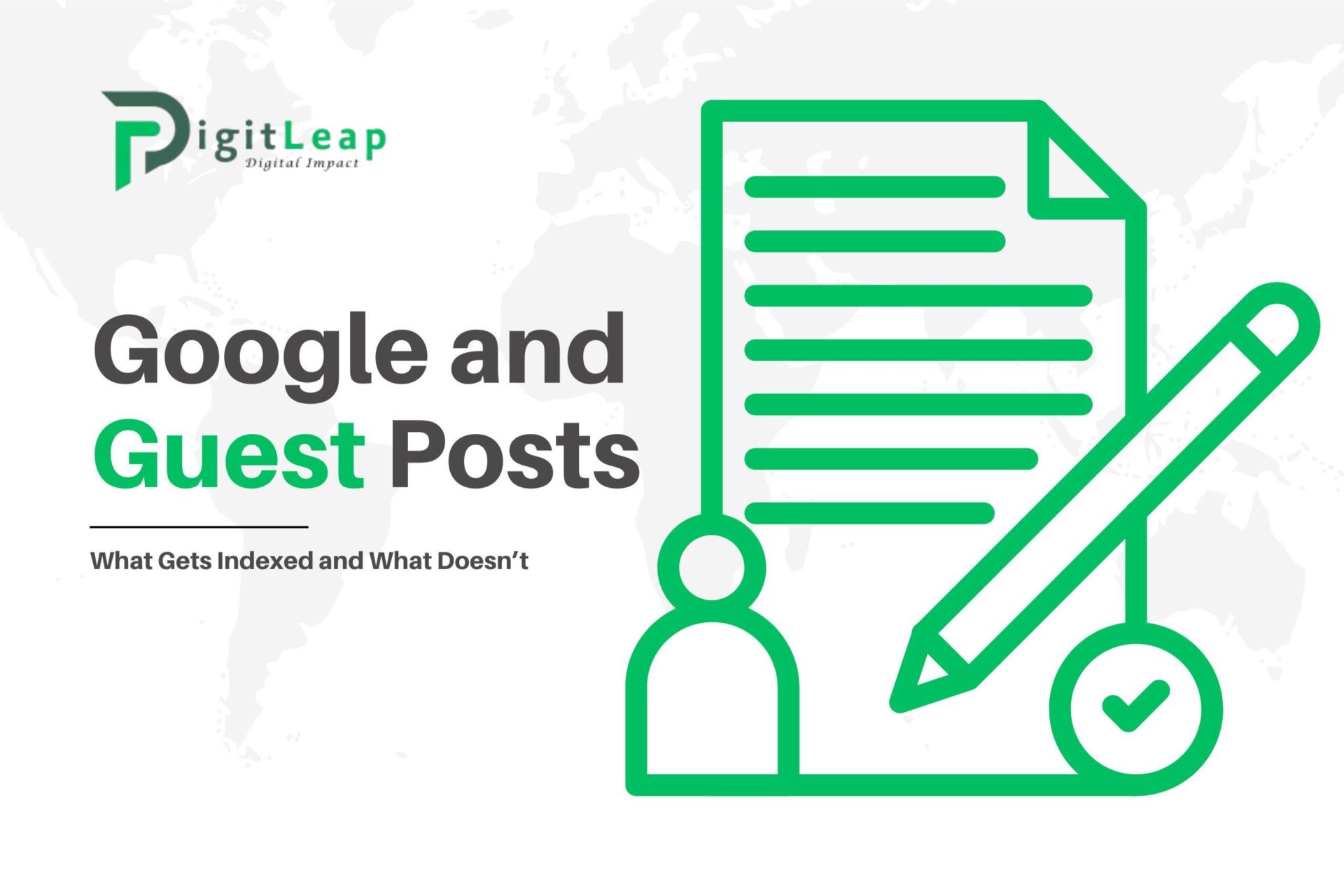Google and Guest Posts: What Gets Indexed and What Doesn’t
Guest posting has been a popular strategy for businesses and content creators to build backlinks, boost SEO, and reach new audiences. However, not all guest posts are treated equally when it comes to Google indexing them. Understanding what Google indexes and what it doesn’t can make a big difference in how effective your guest posting efforts are.
Let’s break down how Google handles guest posts, what factors determine whether a post gets indexed, and what you can do to ensure that your content gets the visibility it deserves.
What Is Indexing in Google?
First things first, what does it mean for a post to get “indexed”? When Google crawls a webpage, it assesses the content and determines whether or not it will include that page in its search results. If your page is indexed, it means that Google has added it to its database, making it eligible to appear when someone searches for related keywords.
For guest posts, indexing is critical because if your post isn’t indexed, it won’t appear in search results, meaning the time and effort you put into writing it could go to waste.
Factors That Influence Whether a Guest Post Gets Indexed
Several factors influence whether or not Google will index a guest post. Let’s take a closer look at the most important ones:
1. The Quality of the Website Hosting the Guest Post
One of the biggest factors in whether a guest post gets indexed is the website it’s published on. Google pays close attention to the quality of the sites it indexes, and if the website hosting your guest post has a bad reputation, poor domain authority, or is known for low-quality content, Google may not bother to index your post.
You want to aim for reputable, well-established websites with strong domain authority for guest posting. A link from a respected website carries more weight in Google’s eyes and increases the chances that your post will be indexed.
2. Unique and High-Quality Content
Google loves fresh, original content. If your guest post is just a rehash of content that’s already out there or contains duplicated content from other sites, Google may decide not to index it. The key is to write high-quality, engaging, and unique content that provides value to the reader.
Avoid publishing content that is overly promotional or stuffed with keywords. Google can easily detect low-quality content, and this can hurt your chances of getting indexed.
3. Backlinks and Linking Strategy
One of the main goals of guest posting is to build backlinks to your website. However, how you incorporate backlinks in your guest post can impact whether it gets indexed. Google values natural, relevant backlinks. If your post is filled with spammy, irrelevant, or excessive links, Google might view the content as low-quality and decide not to index it.
Additionally, some websites may use nofollow tags on outbound links, which tell Google not to pass link authority from that post to your site. While nofollow links can still drive traffic, they don’t pass SEO value. It’s important to know whether the site you’re posting on uses nofollow tags, as this could impact the effectiveness of your guest post.
4. Proper Use of Meta Tags
Another important factor that can influence indexing is the proper use of meta tags. Meta tags, such as the meta robots tag, tell Google how to handle the page during indexing. If the page hosting your guest post has a “noindex” tag, it’s telling Google not to include that page in search results. This is often used on pages that websites don’t want to be indexed, such as internal pages or low-priority content.
Before submitting a guest post, it’s a good idea to confirm that the website you’re publishing on doesn’t apply “noindex” tags to guest posts, as this would prevent them from being included in search results.
5. Engagement and Traffic
Google pays attention to how users interact with content, including guest posts. If your post drives traffic, gets shared, and people engage with it (through comments or social shares), this sends positive signals to Google that the content is valuable and worth indexing.
Additionally, user engagement boosts your credibility, which can lead to higher rankings in search results. Posts that attract little or no traffic are less likely to be indexed or rank well.
What Google Might Not Index
Not every guest post gets the green light from Google. Here are a few reasons why your guest post might not be indexed:
1. Low-Authority Websites
As mentioned earlier, if your post is hosted on a website with a bad reputation, low authority, or a history of publishing spammy content, Google may decide that it’s not worth indexing. This is why it’s important to carefully choose where you guest post. Look for sites that have a good standing with Google and avoid low-quality, poorly maintained websites.
2. Duplicate or Overused Content
If the content of your guest post is too similar to other articles or posts on the web, Google may not index it. This happens when you reuse the same content for multiple guest posts or copy-paste large chunks of text from other sources. Google wants to provide its users with original and valuable content, so if it detects duplication, it’s likely to skip indexing your post.
3. Overly Promotional Posts
Google doesn’t like content that’s overly self-promotional or advertorial. If your guest post reads more like a sales pitch than an informative article, it might not get indexed. Instead, focus on providing genuine value and making sure your post is useful to readers. A guest post should be educational, insightful, and aimed at solving a problem or answering a question, not just promoting your product or service.
4. Thin Content
“Thin content” refers to posts that are light on substance, typically under 300 words or offering very little useful information. Google tends to skip over pages that don’t provide much value to users. For guest posts, aim for well-developed content, ideally in the range of 800 to 1500 words, to ensure it has enough depth and detail to get indexed.
How to Improve the Chances of Getting Your Guest Post Indexed
So, how can you make sure your guest post has the best chance of being indexed by Google? Here are a few tips:
- Choose High-Authority Sites: Always aim to publish your guest post on sites with a strong reputation and high domain authority.
- Write Unique Content: Make sure your post offers something new and original. Avoid repurposing old content, and focus on delivering fresh insights.
- Follow Google’s Guidelines: Stick to best practices for SEO, including natural keyword usage, valuable information, and a good linking strategy.
- Monitor Your Backlinks: Ensure that your guest post includes relevant, high-quality backlinks. Check if the site uses “nofollow” links if passing link equity is important to you.
- Promote Engagement: Encourage readers to comment, share, and engage with your post. High engagement signals can help boost your post’s chances of being indexed.
Conclusion
Guest posting is a powerful tool for building your online presence, but not all guest posts are guaranteed to be indexed by Google. By focusing on high-quality content, choosing reputable sites, and following best SEO practices, you can increase the chances that your guest post will be indexed and drive valuable traffic to your site.
If you need help navigating the complexities of guest posting or improving your SEO strategy, DigitLeap is here to guide you. We specialize in helping businesses make the most of their digital marketing efforts, ensuring that your content gets seen and delivers results. Let’s take your content strategy to the next level!






